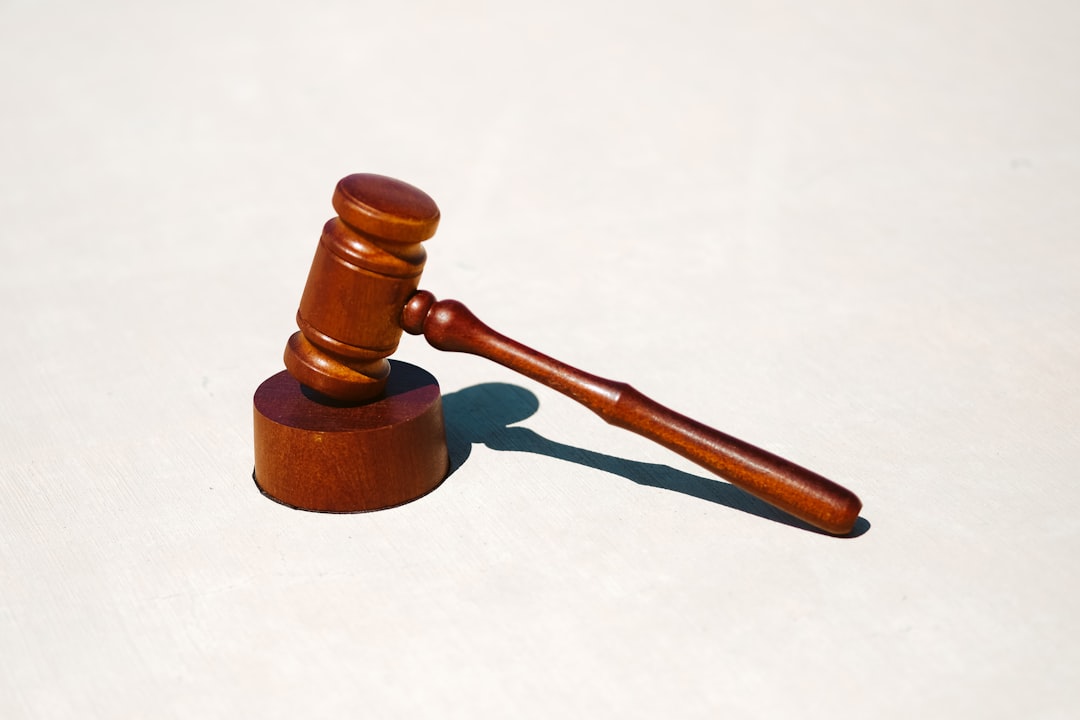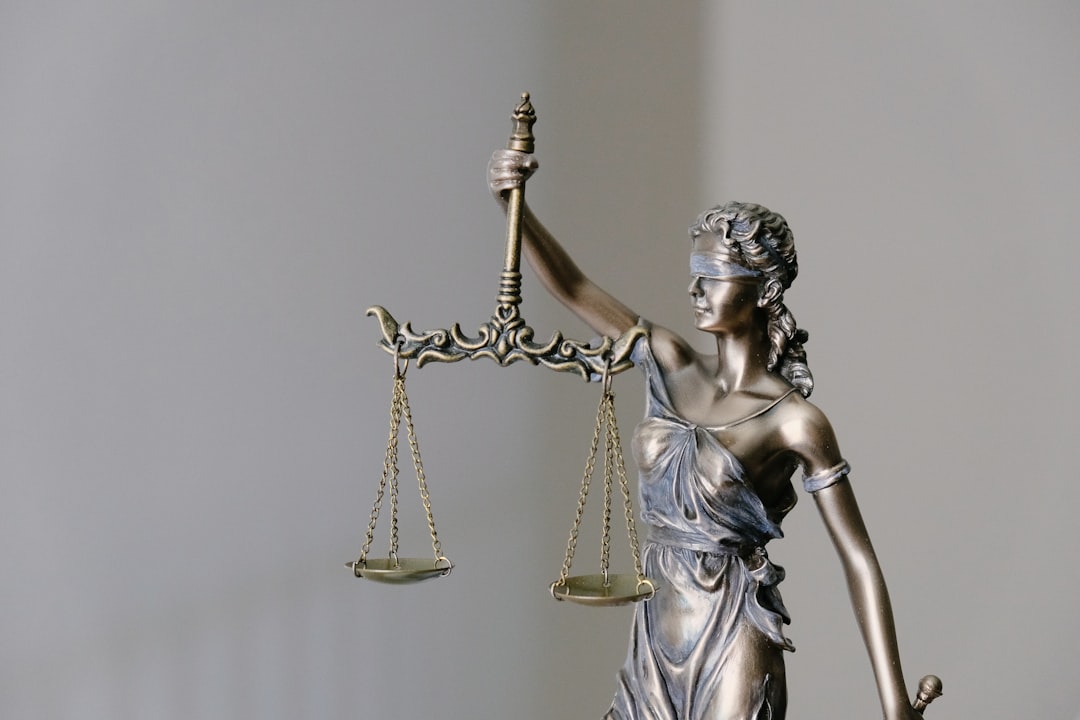Before hiring a massage sexual assault lawyer in St. Louis, MO, educate yourself about local laws, organize documents, prepare questions, research fees, and understand potential outcomes to make informed decisions and maximize consultation value. Remember, "massage sexual assault lawyers St. Louis MO" are crucial for navigating sensitive cases effectively.
Preparing for a legal consultation with massage sexual assault lawyers in St. Louis, MO, requires careful steps. First, research local laws and regulations to understand your rights and the legal landscape. Next, gather all necessary documents and evidence relevant to your case. Prepare a list of questions and concerns to discuss with your legal team. Additionally, understand fee structures and potential outcomes before your meeting to make informed decisions. By following these steps, you’ll be well-prepared for a productive consultation.
Research Local Laws and Regulations in St. Louis MO

Before consulting with a massage sexual assault lawyer in St. Louis, MO, it’s crucial to familiarize yourself with local laws and regulations. St. Louis has specific legal frameworks addressing sexual assault and professional misconduct, which can significantly impact your case. Take the time to research these laws to understand the rights and obligations involved.
This knowledge will enable you to ask informed questions during the consultation and make sure that the lawyer you choose is well-versed in handling cases within this local legal landscape. Remember, when seeking a massage sexual assault lawyer in St. Louis MO, understanding the relevant regulations can be a game-changer for your case’s outcome.
Gather Necessary Documents and Evidence for Consultation

When preparing for a legal consultation with a massage sexual assault lawyer in St. Louis, MO, it’s crucial to gather all necessary documents and evidence that can support your case. This includes medical records detailing any injuries sustained, police reports if applicable, and any communication or documentation related to the incident from the spa or massage therapist. Additionally, personal narratives or statements from witnesses who can corroborate your story are invaluable.
Ensure these materials are well-organized and easily accessible to provide a clear picture of your situation during the consultation. It’s also beneficial to make notes on specific legal questions or concerns you may have, allowing for a more productive discussion with your lawyer and enabling them to offer tailored advice based on the details presented.
Prepare Questions and Concerns for Your Legal Team

Before your consultation with massage sexual assault lawyers in St. Louis, MO, prepare a list of questions and concerns to ensure you get the most out of the meeting. This is crucial for clarifying key points about your case, understanding legal procedures, and evaluating your options effectively. Write down specific queries related to your unique situation, such as timelines, potential outcomes, and costs involved.
Additionally, jot down any worries or anxieties you have regarding the legal process. Sharing these openly with your legal team can help them tailor their advice to your needs and concerns. This proactive approach fosters a collaborative relationship, enhancing your comfort level and confidence in their expertise, especially when dealing with sensitive matters like sexual assault cases.
Understand Fees and Potential Outcomes Before Meeting

Before scheduling a consultation with a massage sexual assault lawyer in St. Louis, MO, it’s crucial to have a clear understanding of fees and potential outcomes. This proactive step ensures you’re well-prepared for the meeting and can effectively communicate your case. Researching legal fees upfront helps demystify the billing process, allowing you to budget accordingly. Moreover, knowing what to expect from the consultation enables you to ask insightful questions about case management, timelines, and success rates.
Understanding potential outcomes can also help manage expectations. Discuss scenarios with your lawyer—from favorable settlements to trial outcomes—to grasp the possible paths ahead. This knowledge empowers you to make informed decisions, ensuring you’re aligned with a legal strategy that aligns with your objectives and best interests.





